Summaries of books about International Relations:

The End of Europe
Dictators, Demagogues, and the Coming Dark Age
James Kirchick
The book examines the various political and social challenges facing contemporary Europe, such as the rise of authoritarian leaders, the resurgence of nationalism, and the strains on democratic institutions. It explores the potential decline of European stability and unity, considering the impact of issues like the refugee crisis, Russian aggression, and the Eurozone's economic troubles.
See full summary
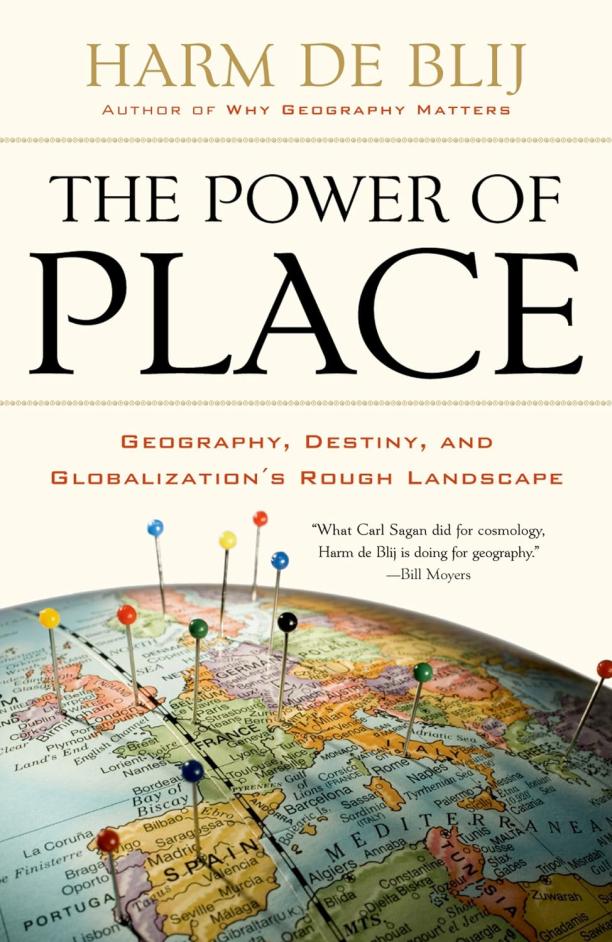
The Power of Place
Geography, Destiny, and Globalization's Rough Landscape
Harm de Blij
The book examines the influence of geographic location on political, economic, and social dynamics, arguing that despite technological advances, place still plays a critical role in shaping the destinies of nations and individuals. It explores the uneven distribution of resources and opportunities, and how this geographical determinism affects globalization and the challenges faced by different regions.
See full summary
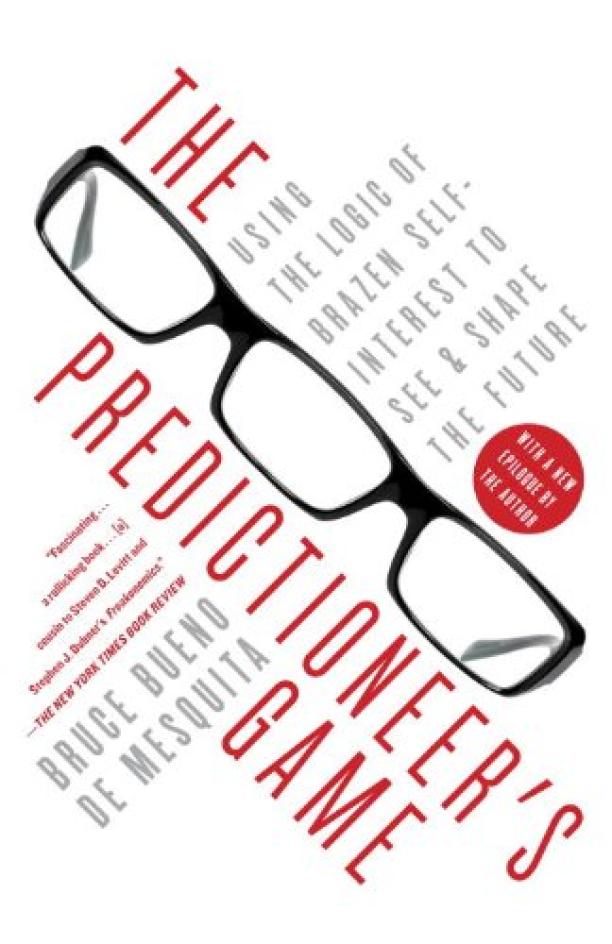
The Predictioneer's Game
Using the Logic of Brazen Self-Interest to See and Shape the Future
Bruce Bueno De Mesquita
The book explores a method of predicting political, economic, and social events based on the assumption that people act in their own self-interest. It delves into game theory and a computer algorithm developed by the author to forecast the outcomes of various scenarios by analyzing strategic actions and incentives of individuals and groups.
See full summary
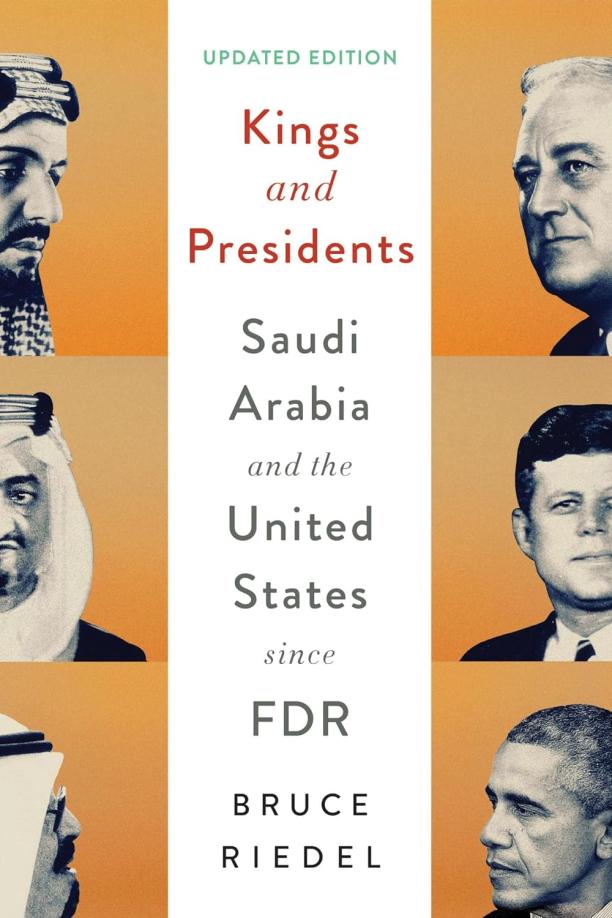
Kings and Presidents
Saudi Arabia and the United States since FDR
Bruce Riedel
The book provides an in-depth analysis of the complex relationship between Saudi Arabia and the United States, tracing the diplomatic, economic, and military ties from the Roosevelt administration to the modern day. It examines the strategic partnership's impact on international politics, oil markets, and the balance of power in the Middle East.
See full summary
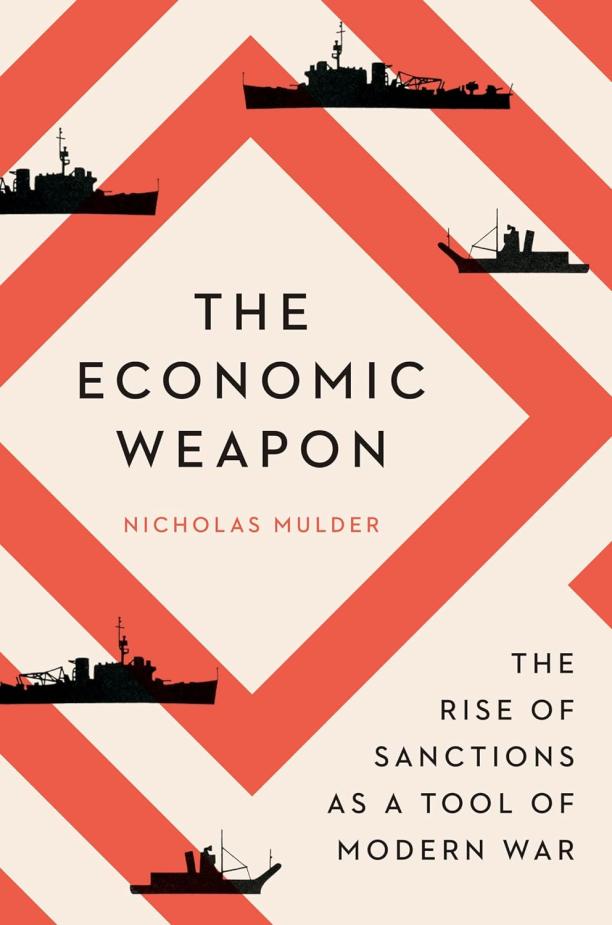
The Economic Weapon
The Rise of Sanctions as a Tool of Modern War
Nicholas Mulder
The book explores the historical development and use of economic sanctions from World War I to the present, examining their role as instruments of warfare and foreign policy. It analyzes the effectiveness, ethical implications, and the political and humanitarian consequences of sanctions as a coercive tool in international relations.
See full summary
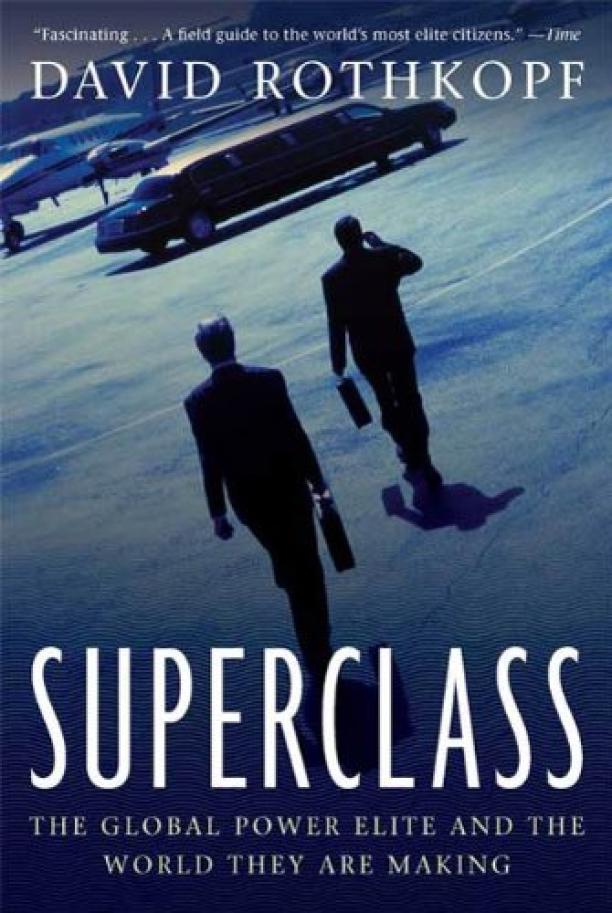
Superclass
The Global Power Elite and the World They Are Making
David Rothkopf
The book examines a group of the world's most influential people, a global elite that shapes the economy, politics, and environment on a massive scale. It delves into their backgrounds, how they interact, the networks they form, and the immense power they wield over the lives of billions.
See full summary
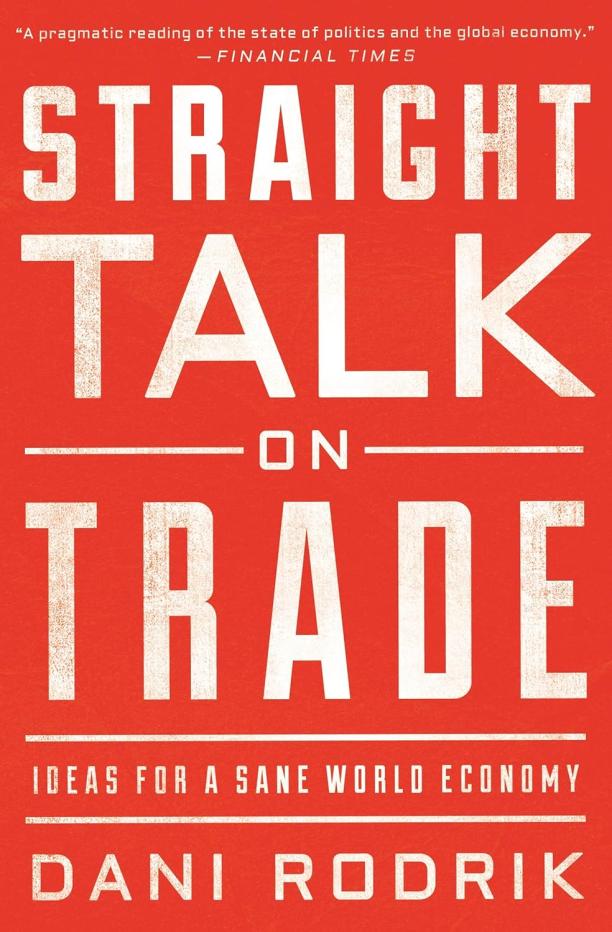
Straight Talk on Trade
Ideas for a Sane World Economy
Dani Rodrik
The book presents a critical analysis of globalization and its impact on national economies, advocating for a balance between free trade and protective measures to ensure economic stability and social cohesion. It offers a nuanced perspective on trade policy, suggesting reforms that can help nations to benefit from global markets while maintaining sufficient regulatory autonomy to address domestic priorities and inequalities.
See full summary
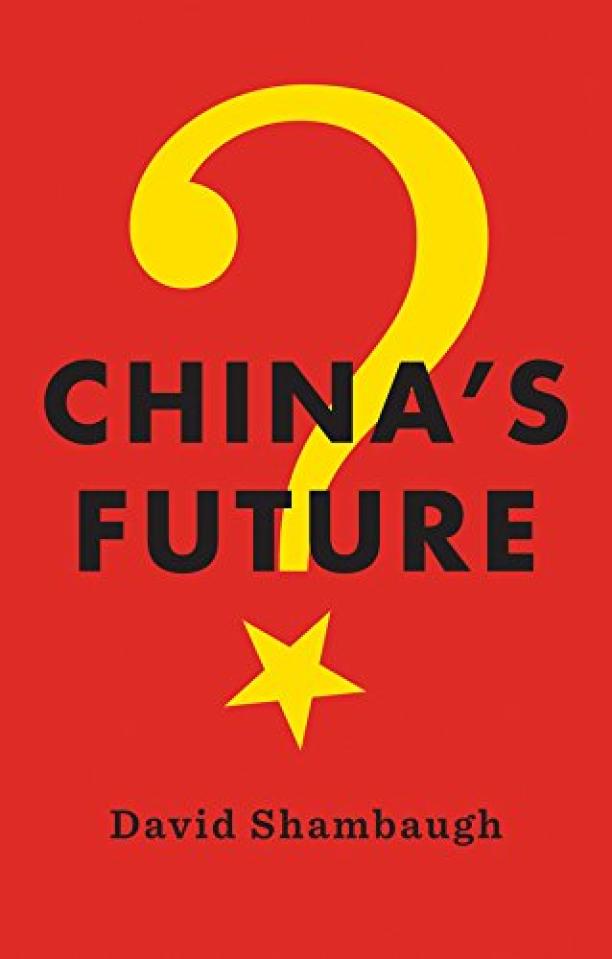
China's Future
David Shambaugh
The book analyzes the challenges and potential paths forward for China's political, economic, and social development, considering the sustainability of the Communist Party's rule. It discusses the need for reform and the possible scenarios for China's future, including the implications for its global role.
See full summary
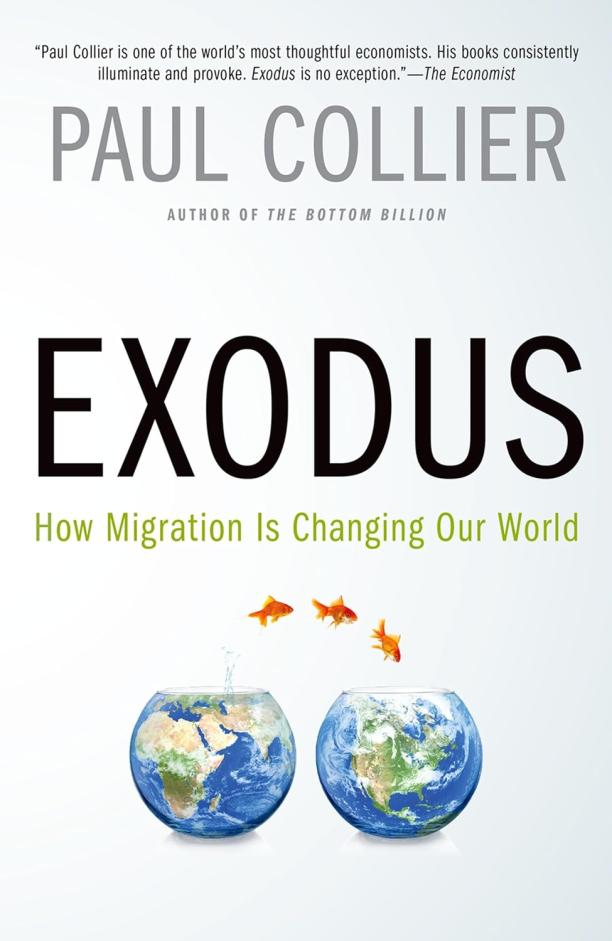
Exodus
How Migration is Changing Our World
Paul Collier
The book examines the economic and social impacts of migration on both sending and receiving countries, exploring the challenges and benefits of global population movements. It proposes policy recommendations to manage migration in ways that support global development and protect the interests of migrants and native populations.
See full summary
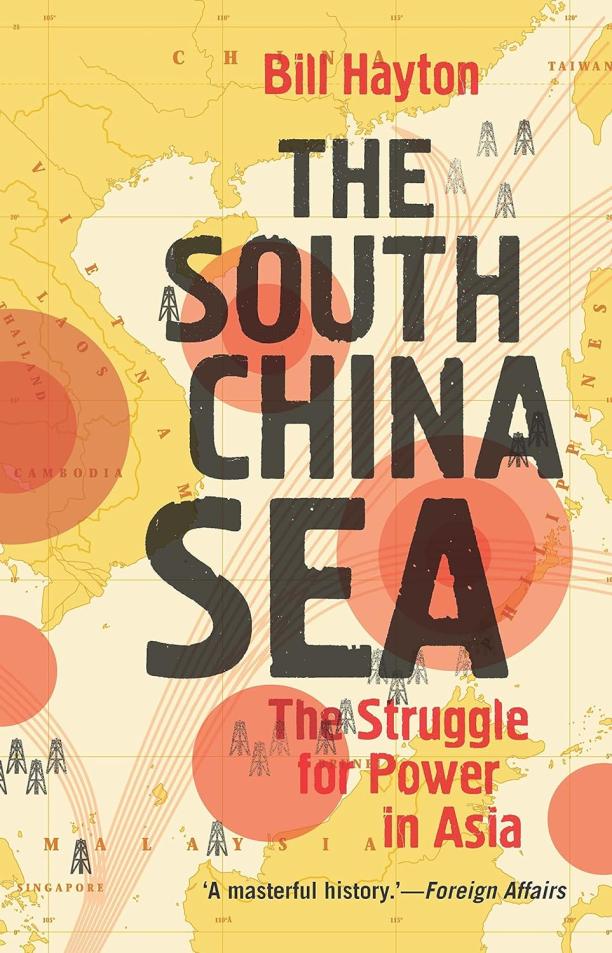
The South China Sea
The Struggle for Power in Asia
Bill Hayton
The book provides an in-depth analysis of the geopolitical conflicts and historical claims surrounding the South China Sea, examining the interests of the countries involved, particularly China, and the potential for international tension. It explores the strategic importance of the region's shipping lanes, natural resources, and the complex legal and diplomatic challenges in the ongoing territorial disputes.
See full summary